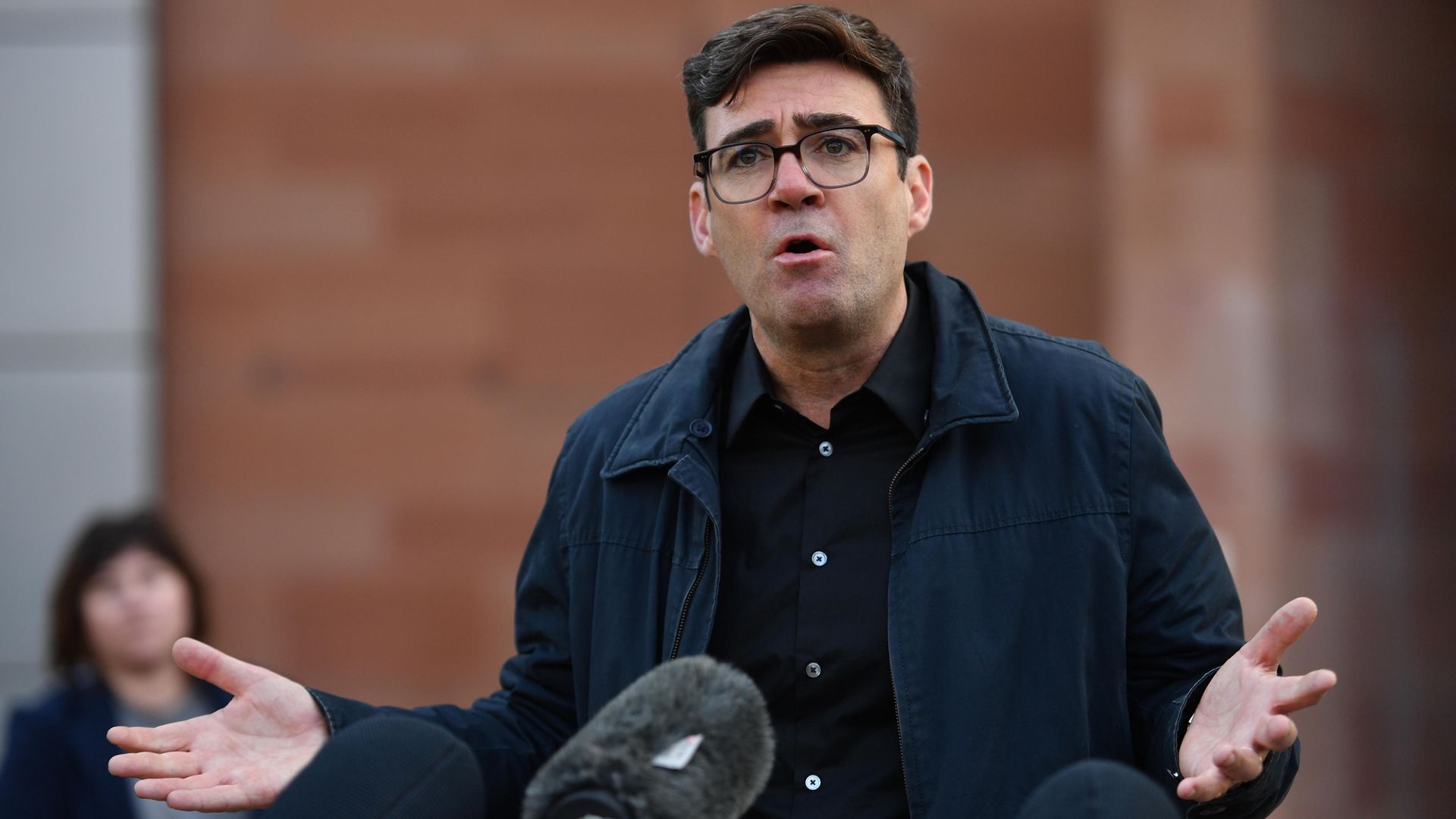
Greater Manchester mayor Andy Burnham has said the UK must “draw a line” under Brexit and instead focus on keeping the Union together.
Burnham – who won his mayoral race with 67% of the vote on Thursday – told The London Economic he thought voters had deserted the Labour Party because it was seen as the party that wanted to stay in the EU.
“People are embracing the fact that this is a new reality now in the UK, and I think that’s the way everybody needs to embrace it,” he said at a meeting of the Chicago Council on Global Affairs.
“But the way we will approach things is to be true to Manchester’s international perspective on life, its European roots, we want to carry on working with our partners and find a way of making Brexit work for our communities.”
Burnham also said Brexit had exposed a “wide divide” between UK regions.
“In all of my life, having spoken out for the North of England in parliament, I’ve never seen regional inequalities as the top issue in British politics. Well, now it is.”
He said the time for rejoining the EU had “gone” and that keeping Scotland inside the Union was now a priority: “I think it’s more of an internal debate that is going to go on in this country now about how do we get regional equality, rather than everyone talking about how quickly we can rejoin the EU.
“That’s gone I am afraid, maybe for now, or maybe forever, I don’t know.
“Now it’s about how does this Union of the UK hold together, because it could break down with things that are happening in Scotland.”
The former Labour minister said the political system in Westminster was much to blame for the north-south divide in the UK and that previous governments had “absolutely” abandoned former industrial heartlands up north.
He said: “I’m afraid the 80s were grim in this part of the UK, where the traditional industry left and there seemed to be a view that we could fund the whole country via the city of London and the service economy and that’s been really difficult but I think we are only just emerging out of it now. British politics is too London-centric.
“Now we have a government saying it wants to level up the UK, so we will see. But, you know, it’s a big big job, because it’s still a case that simple things like public transport cost so much more in my city than they do in London. How could that possibly be right? It’s because London got a mayor 20 years ago and all the governments have funded London and the Olympics and all of those things.”
He added: “We’re a very uneven country. In fact, we are the most politically overcentralised country in the OECD, with all power pretty much vested in Westminster but also one of the most regionally unbalanced. I think all these things are connected. You put all of the political power in one place, it tends to benefit that place more than it does everywhere else.”
Warning: Illegal string offset 'link_id' in /mnt/storage/stage/www/wp-includes/bookmark.php on line 357
Notice: Trying to get property 'link_id' of non-object in /mnt/storage/stage/www/wp-includes/bookmark.php on line 37






